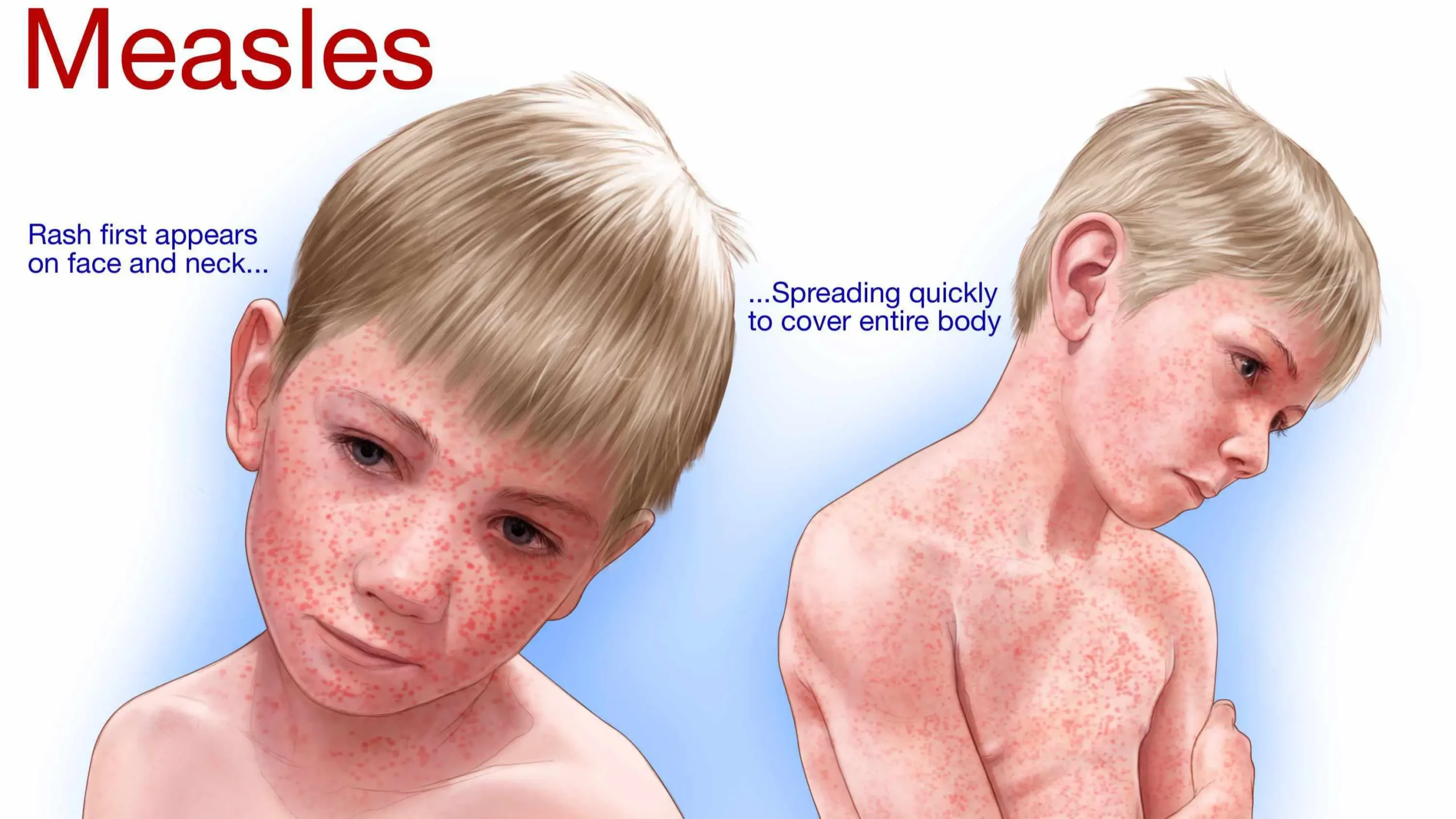
Questions?
Contact us online now
301-279-6750
Phone
15204 Omega Drive
Suite #100 Rockville, MD 20850
Contact us online now
Phone
Suite #100 Rockville, MD 20850
Should I let my baby use a pacifier?
This depends on who you ask.
At the end of the day, there is not right or wrong answer. Do what you think is right for your family.
What is the best pacifier to use?
My baby won’t take a pacifier, should I be concerned?
When should my baby stop using a pacifier?
What’s the best way to get a child to stop sucking their thumb or using a pacifier?
There is no one right way, but here are a few options:

Potomac Pediatrics will always be fully focused on helping your child and you to overcome any healthcare hurdle, with innovative, comprehensive and compassionate care.


Copyright Potomac Pediatrics 2024. All rights reserved.